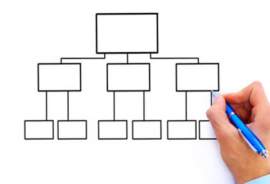
Understanding The Pensions Background

Although retirement is often a much deserved and pleasantly welcomed period of an individual's life, there are many concerns that accompany retirement. When an individual chooses to retire from employment, he/she will still be expected to address debts and pay bills. A retiree will also be required to purchase basic necessities, such as food and clothing. Despite the many benefits of retiring, the financial stress that is often associated with this process may be overwhelming. Without a stable source of income, an individual may find it difficult to address his/her financial responsibilities. In order to address this, the federal government, state governments, and corporations have developed various pension plans. Pensions help to ensure that individuals continue to have access to monetary funds after they retire. There are many different types of pensions with which an employee may be provided. Likewise, the laws and regulations that govern pension plans range a great deal.
Pension plans generally vary based upon the type of employment an individual
maintains. The federal government and state governments have developed pension plans
separate from that of companies. An individual who serves as a Federal Civilian
employee will generally be covered under the The financial resources reserved for an
individual's retirement are extremely important and invaluable. Therefore, an
individual should understand all of the varying aspects of pensions and
retirement funds. In order to assist in regulating the use of pension plans,
Congress relies on the Pension
Benefit Guaranty Corporation
NEXT: What Are Pension Funds




















